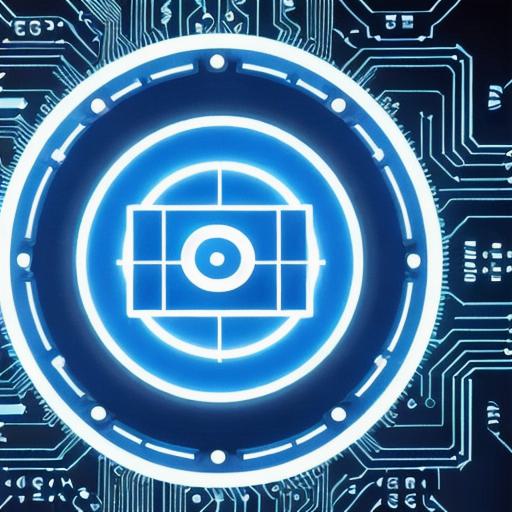Web3 is a decentralized version of the internet that aims to give users more control over their data and online interactions. It’s a revolutionary concept that has the potential to change the way we interact with each other online, and it’s already being used in various applications across different industries. In this article, we will explore some of the key aspects of Web3 and its potential impact on social media.
What is Web3?
Web3 is a decentralized version of the internet that aims to give users more control over their data and online interactions. It’s built on blockchain technology, which allows for secure, transparent, and decentralized transactions. This means that instead of relying on centralized platforms like Facebook or Twitter, Web3 enables users to interact with each other directly, without the need for intermediaries.
Web3 Applications in Social Media
Web3 is already being used in various applications across different industries, including social media. One example is Dfinity, a blockchain platform that allows users to create and manage their own social networks without relying on centralized platforms like Facebook or Twitter. With Dfinity, users have full control over their data and online interactions, and they can choose who sees their content and how it’s shared.
Another example is Soma, a Web3-based platform that allows users to create their own social networks and communities around specific interests. With Soma, users have the ability to create and moderate their own content, and they can choose who has access to it. This creates a more personalized and engaging experience for users, as they can tailor their social network to their specific interests and preferences.
The Benefits of Web3 in Social Media
Web3 offers several benefits that make it well-suited for social media applications. Firstly, it enables users to have more control over their data and online interactions, which is becoming increasingly important in the age of data privacy concerns. Additionally, Web3 allows for secure, transparent, and decentralized transactions, which can help to reduce fraud and increase trust between users.

Web3 also offers the potential for new revenue streams for social media platforms. For example, with Dfinity’s decentralized marketplace, users can buy and sell goods and services directly with each other, without relying on centralized intermediaries. This can help to reduce the costs of running a social media platform, while also creating new opportunities for monetization.
The Future of Web3 in Social Media
Web3 is still a relatively new concept, but it’s already being used in various applications across different industries, including social media. As the technology continues to evolve and mature, we can expect to see more widespread adoption of Web3 in social media and other areas.
One potential future scenario is a complete decentralization of social media platforms, where users have full control over their data and online interactions without relying on centralized intermediaries. This could lead to a more personalized and engaging experience for users, as they can tailor their social network to their specific interests and preferences.
Summary
Web3 is a revolutionary concept that has the potential to change the way we interact with each other online. It offers several benefits that make it well-suited for social media applications, including greater control over data and online interactions, secure and decentralized transactions, and new revenue streams. As the technology continues to evolve and mature, we can expect to see more widespread adoption of Web3 in social media and other areas. The future of Web3 is bright, and it’s up to us to embrace this new way of interacting with each other online.
